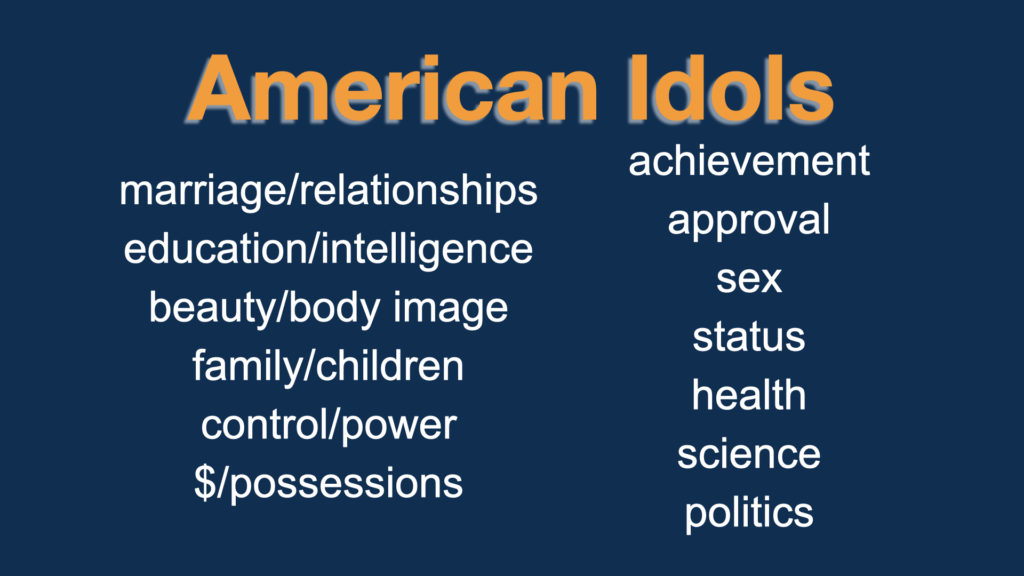“The Dynamic Beauty of God” is the title of Marsden’s chapter 3 in, An Infinite Fountain of Light: Jonathan Edwards for the Twenty-First Century.
I am suggesting you might consider making God’s beauty foundational for all kinds of sermon applications. This means, of course, preaching Scripture that, either in the text or immediate context, contains an element of God’s beauty, explicitly or implicitly.
[For a second, think about the last few sermons or lessons you’ve taught and the kind of application you developed and communicated.]
In, Religious Affections, Edwards wrote,
“God is God, and to be chiefly distinguished from all other beings, and exalted about them, chiefly by his divine beauty” (p. 64 in Marsden).
And of all the things that make God beautiful, nothing, according to Edwards is more beautiful about God than His love. Marsden summarizes Edwards, “God has created the universe in order to share the Trinity’s love with other persons who are capable of meaningful love” (p. 64) That includes our listeners who have ears to hear.
Edwards would tell us preachers to urge our folks to see God in all His beauty and respond appropriately with worship. Marsden writes that when God’s beauty is “at the center of reality…recognizing it will spark joy and delight” (p. 64). He summarizes with: “The primary purpose for which the mighty God has created this universe, then, is so that creatures might live in the infinite pleasure of the joy of God’s love” (p. 65). In my setting, I have to lead the way to this worship by smiling at my congregants as a result of my own joy and pleasure of knowing God as most beautiful.
So, Marsden and Edwards have helped me think about the wisdom of making sure that, with all our attempts to apply life to Scripture, we should urge our folks to respond to the dynamic beauty of God. May our Lord receive glory in the church and in Christ Jesus (Ephesians 3:21) as we encourage that most-appropriate worship response.
Randal












